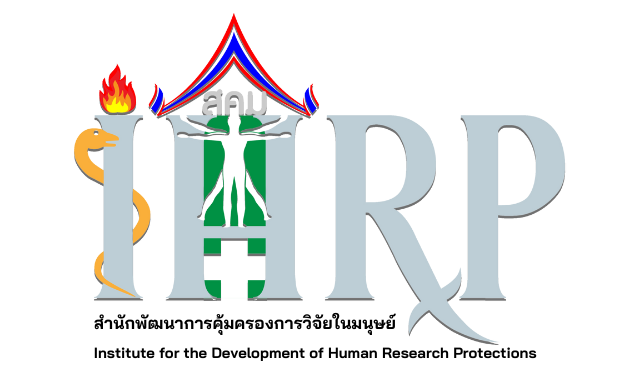Human Research or Research Involving Human Subjects Human research, or research involving human subjects, is a critical and essential activity for advancement, particularly in the fields of medicine and public health. It is a pathway to acquiring reliable knowledge about the nature of the human body, the mechanisms of disease occurrence, disease transmission, recovery, and the development of diagnostic, therapeutic, preventive, promotive, and rehabilitative methods, as well as drugs and vaccines. Even research that does not directly involve physical intervention on humans but requires collecting personal information is also considered human subject research. Despite comprehensive studies and verification through laboratory and animal testing, such research cannot be directly applied to humans. Regulatory bodies like the Food and Drug Administration (FDA) worldwide require systematic and phased testing in humans to ensure that drugs, vaccines, and diagnostic or therapeutic devices are proven safe and effective before they are approved for registration and public use. Moreover, if the research findings aim to target specific groups with distinct characteristics from the general population, additional studies on those groups are usually required. For example, research on children, pregnant women, or the elderly often demands specific investigations. 
Principles of Human ResearchHuman research or experimentation must adhere to two fundamental international principles:
These principles have evolved over time, and today, widely recognized ethical guidelines include:
These standards ensure that human research is conducted ethically and responsibly while safeguarding the rights, safety, and well-being of participants. |

